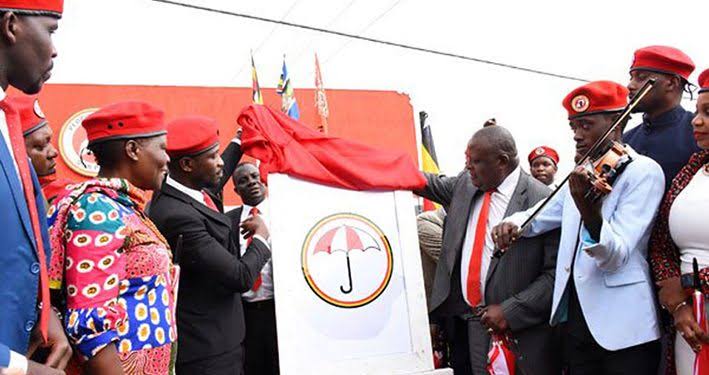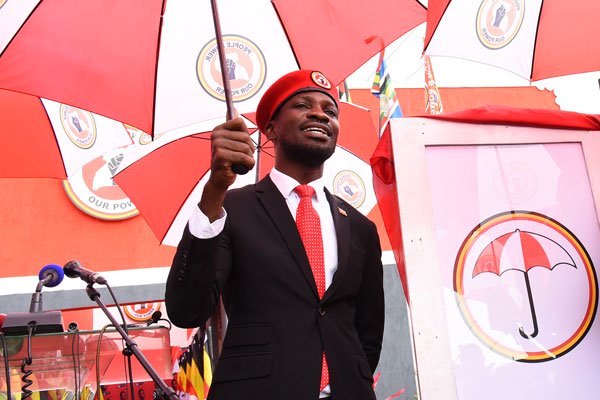Five years ago today, a new political force emerged from the heart of Kamwokya, transforming Uganda’s opposition landscape. On this significant anniversary, the National Unity Platform (NUP) looks back at half a decade marked by immense challenges, profound sacrifices, and an unwavering commitment to what it describes as the struggle for national liberation.
The journey began at their former headquarters in Kamwokya, where the party was formally unveiled and its leaders introduced to the public. As a young organization, NUP was, by its own admission, “prone to challenges.” However, party officials credit the “resilience of our people and the public trust” for making them stronger from those foundational days.
Today, as NUP pushes forward with its declared struggle for liberation, the memories of the journey are acutely felt. The party somberly acknowledges the high price paid, stating that “several of our comrades whose blood has been shed by the regime” have been lost. Others have “disappeared never to be seen again,” while many more are “rotting in prisons as they grapple with trumped up charges.” These heavy tolls underline the perilous political environment in which NUP operates.
Regardless of these severe setbacks, the party asserts its continued advancement. “We are still advancing on with our cause and we are much alive to the fact that the real winners are not quitters. We are growing stronger and more focused on the liberation goal,” a statement from the party emphasizes.

Lewis Rubongoya, the NUP Secretary General, reflects on the journey since Robert Kyagulanyi Ssentamu (Bobi Wine) first raised the NUP umbrella. “We have never looked back,” Rubongoya states, acknowledging it has been “a journey of so many trials and tribulations.” Yet, his message remains one of defiance and hope: “the freedom train continues moving. May we never falter in this journey, and may God hasten our victory.”
Echoing this sentiment, NUP Spokesperson Joel Ssenyonyi characterizes the past five years as “rough and tumble.” However, he quickly adds that “they have also seen us do some exploits.” Ssenyonyi vividly recalls the formative days at their original, “small but cozy headquarters then at Kamwokya,” where despite initial uncertainties about the future, “our hopes were high…and so we set off.”
He recounts the skepticism that greeted their formation: “Some thought we would not last a year, others even dismissed us completely ab initio.” Yet, NUP has defied these predictions, with Ssenyonyi declaring, “but by God’s grace we are here today, and we continue to press on.” Looking ahead, Ssenyonyi’s message is one of profound optimism for the party’s future: “I believe the best days of NUP are not behind us, but ahead of us. Let us keep on keeping on!”
As NUP marks its fifth anniversary, the narrative woven by its leaders is one of tenacious endurance against formidable odds, a testament to a movement that believes its most significant achievements are yet to come.



